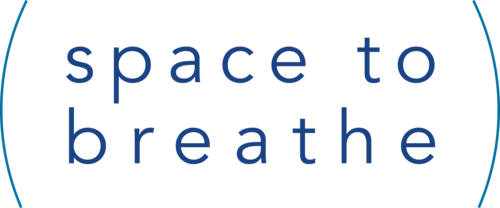Here at Space to Breathe we’ve been pleased to read and digest the findings of the Health and Wealth Report, from the Director of Public Health Sheffield.
Questions of wellbeing at work have been rising to the forefront of employers thinking in the UK over the past years. When we talk to employers, we find only a small minority now dismiss the idea of wellbeing. Instead when we are asked to help, we often hear from organisations who know wellbeing is important but don’t know what to do next. This report should therefore offer a helpful building block in our practice and policies to provide care, growth and support to the people of Sheffield.
The report rightly notes that “work is a critical determinant of good health and wellbeing” (pg.4.) This work must be beneficial (in terms of pay, hours, health and security) but also empowering to those who are employed. Ill-health and its effects on work coupled with an increase in in-work poverty provide an alarming “double jeopardy” to people’s health. Unemployment can be linked to an increased risk of illness and of an early death – the comparison of a map of unemployment in the city vs a map of Under 75 mortality was alarming (pg.9 of the report.)
The report chimes around the concept that “the economy is everything” (pg.3) where good employment and growth leads to good health. But what we liked was this was not a simple consumeristic view of the economy. Instead the argument is for an inclusive economy where “everything is connected” and what we measure shows what we value. This immediately connected with our own holistic values and the Wellbeing Triangle which is central to our work. To Live well, live fully and live deeply values things such as character, community, trust and happiness. These are vital to us as human beings.
Perspectives on wellbeing at work are often driven by the bottom line. Hence figures of the economic cost of poor mental health and wellbeing and used widely. In Sheffield its anticipated that £1 billion is lost to the economy of the city each year due to sickness absence, lost productivity through worklessness and health-related productivity. This report identifies that £420 million of that is for mental health related illness alone.
However, if we reflect on wellbeing purely in economic terms alone, we lose perspective. These drivers of growth and finance are often what can be behind our driven and fast paced life which adds some many stress factors to ordinary people. Indeed, if life throws you a curve-ball of long-term sickness or unexpected unemployment then it can be very hard to catch up again.
We welcome that this report instead uses the more holistic Grant Thornton Vibrant Economy Index for measuring the economy. This model connects prosperity and opportunity with factors such as equality, happiness, wellbeing, resilience and community. Here Sheffield’s position has improved over the last five years but is low in the area of inclusion and equality (pg.17) and this presents a challenge to us as a city.
One area we noted was the rise in the impact of the “gig economy” on the city (pg.9) with its challenges of low pay, low security and the tough journey of being self-employed. We run our Work:Space Pop-Ups with this in mind – to create a community for those working on their own and to give energy and partnership to people journeying through their work in isolation.
It seems vital to us that as we grow, we grow together. That as we grow, we do so healthily, deeply and fully. We welcome this report and are committed to seeing it outworked in the city in the coming months and years. Why not get in touch if we can help you or you’d like to join us?
Health & Wealth was published this week and is available online to download.

